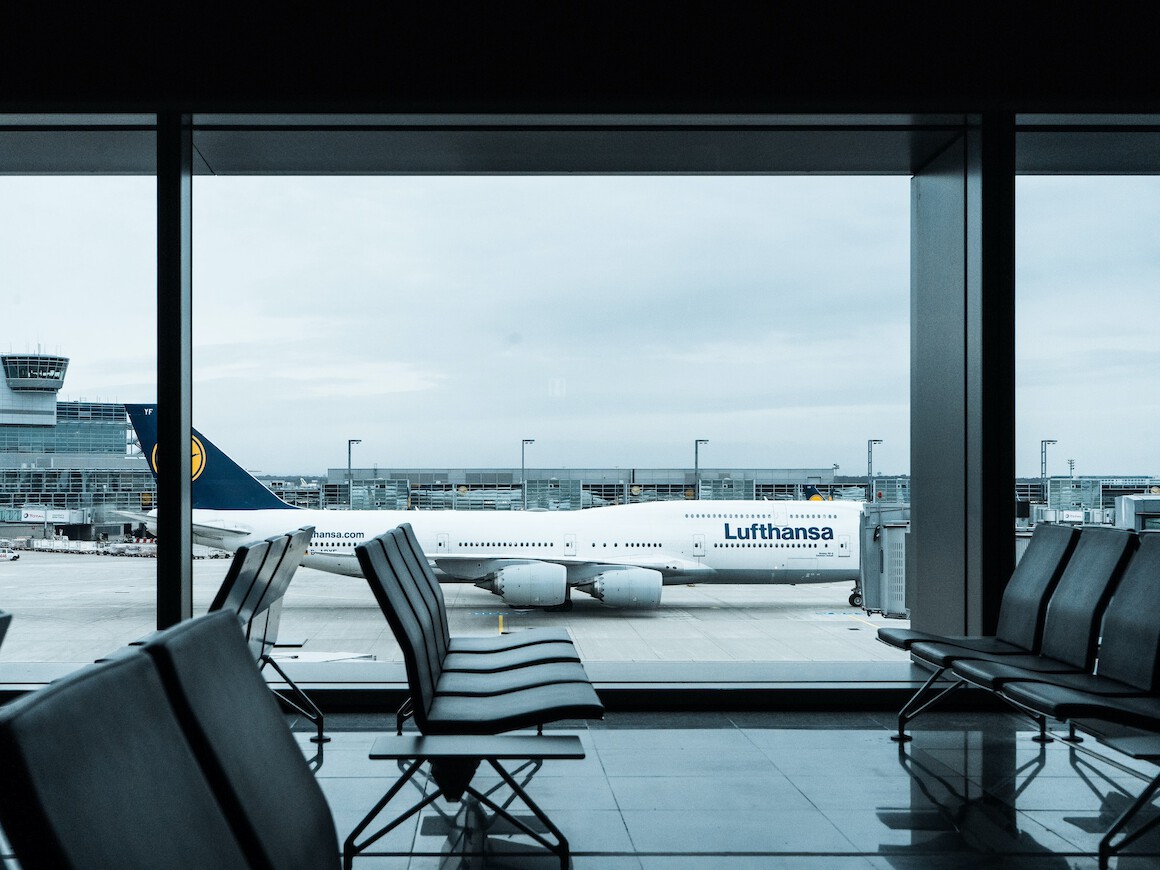1. CASE SUMMARY
A. Summary of facts
Deutsche Lufthansa AG ('Lufthansa') is one of the world's largest airlines and entered into new "Agreements regarding the sale of Lufthansa documents" ('Agreement') with travel agencies. This Agreement governed the distribution relationship between Lufthansa and the respective travel agency. In this Agreement, the travel agency undertakes to pay the net price charged by Lufthansa, including taxes, fees and other surcharges, in accordance with the BSP procedure. This was considered as a possible RPM-system by Lufthansa and thus became subject to judicial review.
B. Legal analysis
The Austrian Supreme Court (Antitrust) analysed whether the Agreement and the vertical provisions contained therein (in particular a possible RPM-clause) infringes European (and Austrian) Competition law. One key element of this analysis was the scope of the agency privilege in competition law.
Ultimately, the Austrian Supreme Court found that this privilege does not apply and that the Agreement does not create a vertical cooperation system in the present case, because:
- the travel agencies were free to decide whether to use the service of Lufthansa;
- the specific pricing regarding the service fee of the travel agencies was not subject to any restrictions;
- no duty to promote the interests of Lufthansa was imposed on the travel agencies; and
- existing restrictions (e.g. regarding the deals to be brokered) were functionally essential for the agency relationship and thus irrelevant for assessing the distribution of risks (n.b. this last point can be seen as obiter dictum in this specific case as there was no independent relevance for the courts judgment).
All the above led the Austrian Supreme Court to the conclusion that there is no real agency relationship between Lufthansa and the travel agencies. Thus, the agency privilege was inapplicable.
This notwithstanding, the provisions contained in the Agreement complied with competition law. According to the Austrian Supreme Court, the travel agency is not a sales agent of Lufthansa on a subordinate economic level, contractually bound to the prices and conditions of the producer and obligated to protect his interests. For this reason, the agreement therefore does not meet the criteria for vertical price maintenance (resale price maintenance).
2. QUOTES
"[…] It must therefore be examined whether the contractual relationship between the respondent as a provider of services and the travel agencies, which demand these services on behalf of and for the account of their customers, is to be assessed as a vertical cooperation agreement (sales agency agreement), by which a free and functionally independent sales agent, who is on a different economic level than the provider of the service, is bound to the interests of the provider, in particular to its prices. […]"
"[…] it follows that the "Agreement on the Sale of L***** Documents" to be assessed here does not create a vertical cooperation system of service sales in the sense described. The independent contracting party of this agreement with the respondent is free to request services of the respondent on behalf of its customers via the reservation system of the airlines, and in the affirmative, whether and in what amount it demands a fee from the customers for its activities. The travel agency has no special duty to protect its interests vis-à-vis the respondent beyond that associated with its collection activities for the respondent. In particular, the travel agency is not obligated to promote the sale of services provided by the respondent, but acts as a service provider for its own customers, for example by identifying the lowest-priced provider for the desired destination, saving them the trouble of booking directly with the respondent and processing the payment on their behalf. Thus, the travel agency - contrary to the opinion expressed in the appeal – is not a sales agent of the defendant on a subordinate economic level, contractually bound to the prices and conditions of the producer and obligated to protect his interests. For this reason alone, the agreement therefore does not meet the criteria for vertical price maintenance (resale price maintenance). The examples of vertical price maintenance in the service sector cited by the appellant (acquisition of software or insurance contracts) all relate to other sectors, are based on other contractual principles and are therefore not relevant. […]"
"[…] The appellant accuses the Austrian Supreme Court (Antitrust) of failing to take into account the fact that, under the defendant's distribution model, the travel agency has to bear the defendant's financial and business risks arising from the underlying transaction due to the collection activities it performs for the defendant, without receiving a commission for this. These statements overlook the fact that it is left to the travel agency alone to decide which means of payment or payment terms it accepts from its customers; there can therefore be no question of "passing on the risk" in this respect. […]"
"[…] The respondent has also concluded an agreement with an insurance group on the assumption of a residual default risk (outside cash and credit card payments) and has also assumed payment of the premium. The question of the distribution of financial or business risks in connection with the application of Art 81 (1) EC Treaty, moreover, only arises in the case of distribution by commercial agents when examining whether the requirements of the principal are functionally necessary or immanent to the legal transaction; they are irrelevant in the case at hand because - as previously shown - there is no intermediary relationship between the contracting parties. […]"
4. RELEVANT LITERATURE
See Vertriebsverträge im Kartellrecht (2019) Part I Chapter I paragraph 2.14
5. OTHER COMMENTS
The Lufthansa-judgement of the Austrian Supreme Court contains numerous statements regarding the scope of the agency privilege. This privilege exempts agreements between a principal and an agent from the prohibition of Article 101 TFEU (and Section 1 Austrian Cartel Act).
6. PRACTICAL SIGNIFICANCE
As the Lufthansa Judgement is the first of numerous important Austrian decisions specifying the agency privilege, its substantial comments serve as valuable guideline when implementing a distribution system.





Sign in to post comments